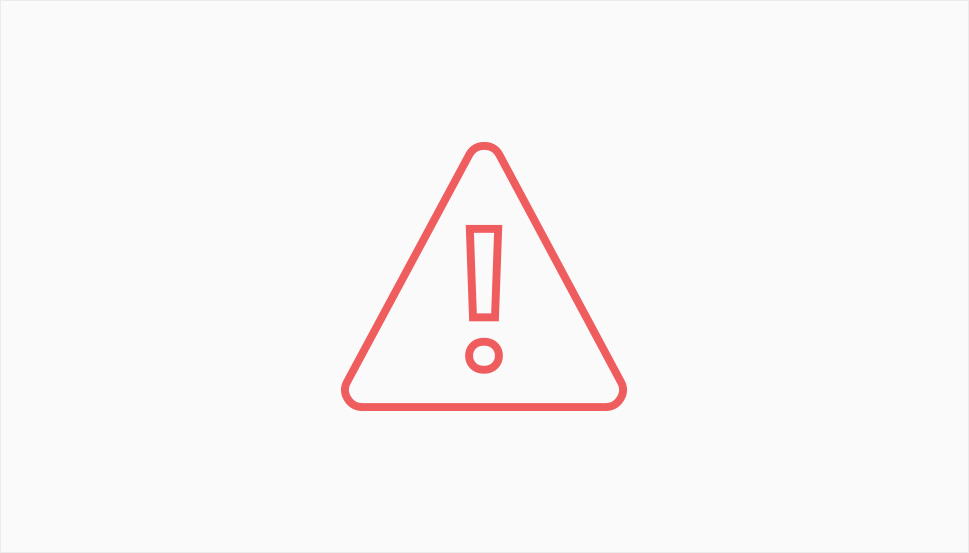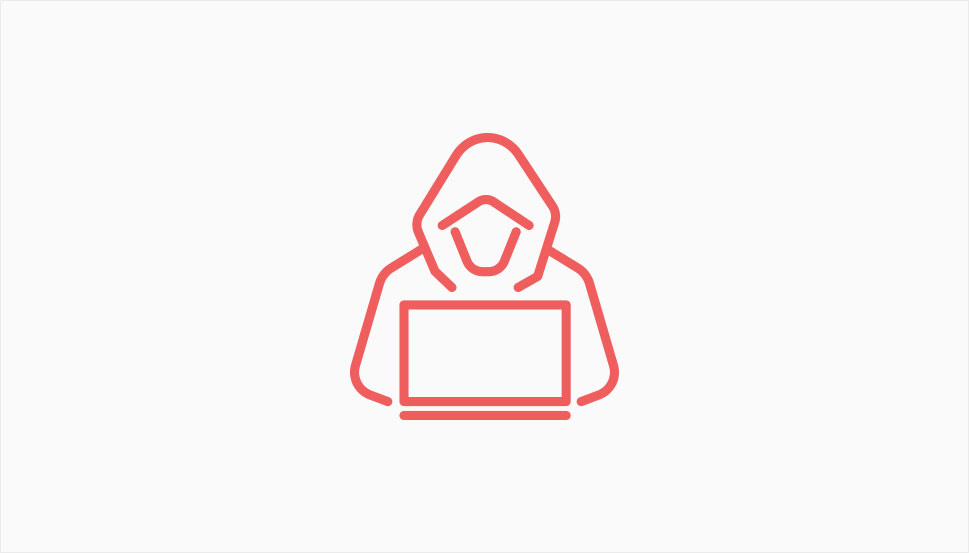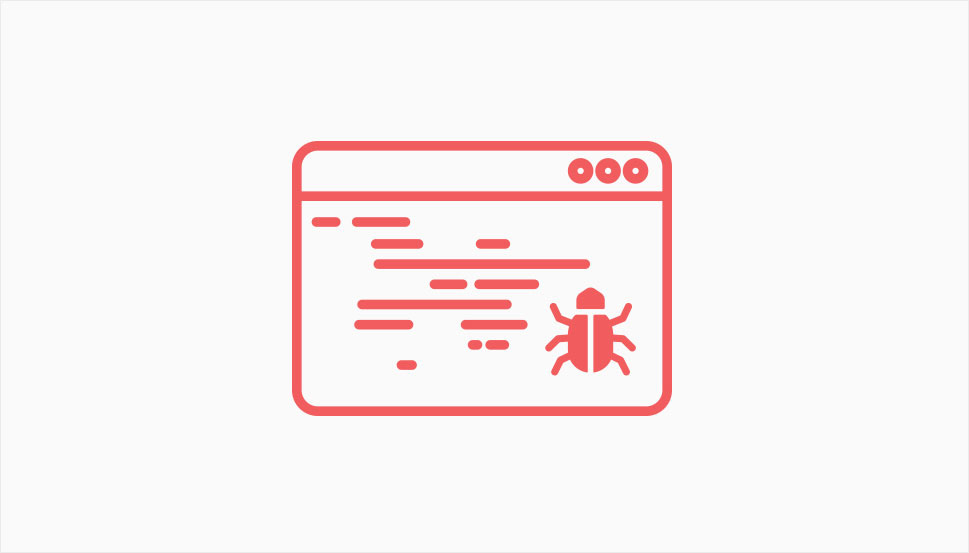Website Defacement in WordPress – How to Fix It

Even a simple website has had hours of coding put into it – sure, you may have just gone with the default everything for your WordPress website, but somebody‘s had to code that in the first place. And that‘s just the start of it. Love and care and time were invested even if no money was. To quote virtually any generic mafia movie, it would be a shame if something happened to it. Something like… website defacement.
In this article, we will be discussing the basics of website security and safeguards against website defacement. Before we get into the details of how to protect your website from defacement, we‘d like to take some time to discuss what it is and why your website may become a target for unscrupulous hackers. Let‘s get started.

Simply put, website defacement is a form of cyber attack where a hacker acting in bad faith replaces your content with something else. You may log into your website and find that you have lost all your content; that all the hard work and care that you have put into creating your website has gone to waste. Worse still, you may find it replaced with something unsavory, or even illegal, such as propaganda, spam, or malware.
There is an old meme about a programmer who learns that a government website had been hacked (defaced) and compares that to a government poster being torn down. There is some truth to it: a website is kind of like a poster, and a large system, such as a government agency, should be able to replace it with little trouble. Still, the poster isn‘t there for people who might need it, at least for a while, and replacing said poster might be difficult.
This goes double if you do not take the precautions we will be describing in the later section of the article.

Defacement is different from most hacking by its very public nature. While a black hat hacker might typically want to exploit your website covertly, be it to access your back end or your user data, or to spread malicious code, the whole point of website defacement is to make it clear that your website had been hacked.
It may be that somebody doesn‘t like your content for political or religious reasons, and they want to make life difficult for you. It may be that they want to shame you for not taking precautions. Sometimes, however, hackers just do it to show off. Oftentimes, a hacker will leave a signature message for that very reason. This means that your website, just as any website, may become a target even without any real “reason“ or pretext.

There are two main effects website defacement may have. The first one is obvious: your visitors will not find the content that they want. They will see a defaced web page, assume, perhaps rightly, that it contains malicious code, and leave immediately. You will lose traffic.
If you are using your website as a subscription service of some sort, your subscribers may want refunds. Depending on your jurisdiction, they might be entitled to it, leaving you liable for damages. If you are using it as an online store, you will not be able to sell anything. If you let defacement go on for too long, you might have trouble earning back your visitors‘ trust.
However, visitors are not the only people concerned about defaced websites: others might take an interest as well. Your hosting provider, for instance, might take your website offline, as it doesn‘t want it to corrupt anything else hosted on its servers. Search engines, too: if, say, Google were to perceive your website as unsafe, it might end up on Google‘s blacklist, making it harder for potential visitors to access it even after the problem is fixed.
To summarize, website defacement is bad for your visitors, bad for your brand, bad for your SEO, and bad for your bottom line.
So what can you do about it?
Update Everything
Out-of-date software often offers an inroad for hackers. If you are not using the latest stable version of WordPress, theme, or plugin, you are likely not benefiting from the latest security updates. So, regularly update WordPress, update your theme, and update your plugins. Other than that, only use the third-party software you really need. The simpler your website, the fewer inroads for bad actors.
Delete Obsolete Software
There are a myriad of WordPress developers working on WordPress-related software. Any of them may abandon a product for any number of reasons. If you are using an abandoned or obsolete theme or plugin, find a replacement or an alternative. Delete everything that isn‘t tested for the latest version of WordPress.
Of course, it may be that some developers need more time to update their themes and plugins than others, so keep that in mind.
Regularly Scan For Malware
A hacker may infect your website with malware prior to defacing it, so as to provide a back door for themselves. Regularly scan your website for malware to prevent such a thing from happening. In fact, sticking to best practices in protecting your website from malware will also protect it from defacement to a degree.
That way, you don‘t have to build your website back from the ground up in case it‘s defaced. You can just restore your website from a backup instead.
Your web hosting provider might offer backups of your website as part of their package. If the option is available to you, use it where appropriate.
In Conclusion
As you can see, defacement can be just a nuisance, but it can also be a major problem for your website. A good reputation is far more difficult to earn than to lose, and security on the internet is paramount. Prevention is better than the cure, as the old adage goes, so do your best to keep your website from being defaced – best practices in security are, for the most part, not costly or difficult to implement. However, if all else fails, make sure you don‘t put all your eggs in one basket: regular backups are much less effort than building your website back.




